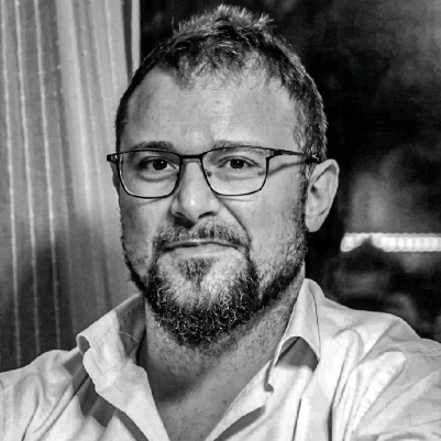
Assistant Professor
Konstantinos Kalkanis currently holds the position of Assistant Professor at the Department of Electrical and Electronics Engineering, School of Engineering, at the University of West Attica. He received his Ph.D. from the National Technical University of Athens (Sector of Mechanics) in 2009. In November 2017, he joined the Department of Electrical Engineering, PUAS. From 2015 to 2018 he also taught a module on the MSc course “Seismic and Energy Retrofit in Structure and Sustainable Development”, offered by the same University. He has engaged in activities related to Renewable Energy Sources (RES). Member (specialist) of the SD community-Med whose objectives are to support sustainable development in the Mediterranean area, promotion of sustainable construction and high environmental quality considered as policies for sustainable development to provide advice to individual local authorities in order to create their own ecological building systems tailored to local conditions. He has been involved actively in the design, formulation and implementation of programs and projects of environmental quality, enhancing and transfer the exchange of innovative techniques, processes, tools and implementation mechanisms of building structures by applying RES. He has contributed to the development of methodological bases that meet specific local problems and needs and help local bodies to create “bespoke” systems, always tailored to local conditions and requirements. He has managed monitoring and planning of numerous public works which resulted to gaining proven experience in electromechanical installations. He holds a Second order Degree (Manufacturers Register Experience – ΜΕΚ YPOMEDI) in electrical/mechanical works and a first-class degree in Industrial / energy and hydraulic works. He has contributed in tasks in 10 European Union funded scientific programs, with the Greek counterpart being, the National Technological University of Athens and the Technological Institutions of Athens and Ionian Islands. The curriculum of tasks included but was not limited to study of the behavior of composites under fatigue loading, structural repairs, experimental and analytic approaches towards implementation thereof, Development of novel materials, investigation into the generation of smart structures via the incorporation of sensors.


